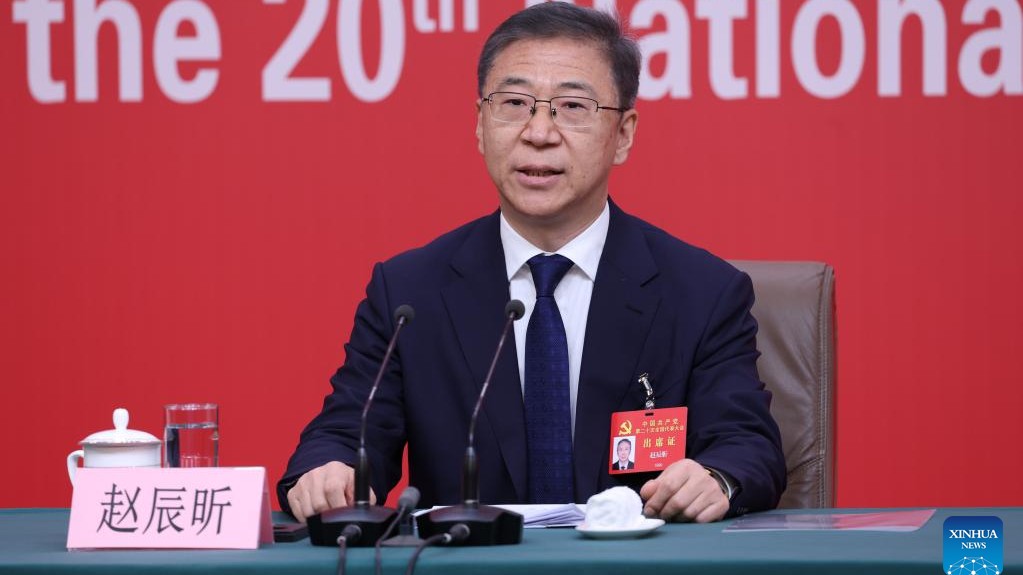Since July 15, the Xinjiang Uygur autonomous region has been striving to contain the spread of COVID-19 to protect the lives and health of people of all ethnic groups, the chief health official of the region said on Thursday.
"The region has taken decisive measures to cut off the spread of the virus," Mutalif Roz, director of the region's health commission, said at a news conference held in Urumqi, the region's capital. "We stick to targeted and law-based measures in COVID-19 prevention and control, and prioritize screenings and disinfections of key places to eliminate the risks of virus transmission and spreading."
To contain the epidemic, the region has suspended gatherings and group activities, and closed up residential areas in the worst-hit areas. It has also intensified prevention and control efforts at train stations, bus stations and airports by checking body temperatures and mobile phone-generated health codes, and redirecting inbound travelers for medical observation at dedicated facilities, he said.
"We call on residents in Urumqi to refrain from making nonessential trips out of the city, and those who have to take such trips must take nucleic acid tests before leaving to prevent the virus from spreading beyond the city," Mutalif said.
On July 15, a 24-year-old woman from Urumqi tested positive for the virus, making her the first locally transmitted COVID-19 case in Xinjiang since February. Based on epidemiological investigations and lab tests, this round of outbreak was associated with a gathering, and the confirmed infections and asymptomatic cases are mostly in Urumqi.
To help the city carry out high-quality nucleic acid testing, the State Council Joint Prevention and Control Mechanism sent 21 testing teams from 12 provinces and coordinated professionals from four third-party institutions to conduct testing in Xinjiang. It has helped to lift Urumqi's testing capability to 800,000 people per day to ensure the infections can be detected as early as possible, he added.
By the end of Wednesday, Xinjiang had 107 confirmed COVID-19 cases and 38 asymptomatic cases, with 2,506 people still under medical observation. No newly confirmed COVID-19 cases have been reported in Xinjiang since Aug 16.
What's more, the region wasted no time investigating the origins of the virus, swiftly cutting off possible channels of transmission and screening close contacts and putting them under medical observation, Mutalif said.
To ensure sufficient daily food supplies for all people while they are staying at home as a part of the effort to contain the virus, the region has ramped up the production of vegetables, fruit, meat, eggs, dairy products, grains and other essentials. Measures have been taken to crack down on misbehavior like price gouging, hoarding, profiteering and making and selling substandard goods to ensure that markets are adequately supplied and prices stay stable, he said.
"During Eid al-Adha, or the 'festival of sacrifice', we increased lamb and beef supplies across the region to fully satisfy the demand of people of all ethnic groups, making sure all consumers can access inexpensive, quality meat," Mutalif said.
He added that besides releasing epidemic information in a timely manner, the region has also opened a 24-hour hotline to provide timely responses to public and media concerns.
Schools in Xinjiang have delayed the autumn semester and will hold classes online, according to the local education authority.
The delay applies to all kindergartens, elementary schools, junior and senior high schools in the region, with online classes due to start Sept 1.
The regional education department will provide teaching resources for online classes, while schools are required to make plans for online teaching and organize classes.




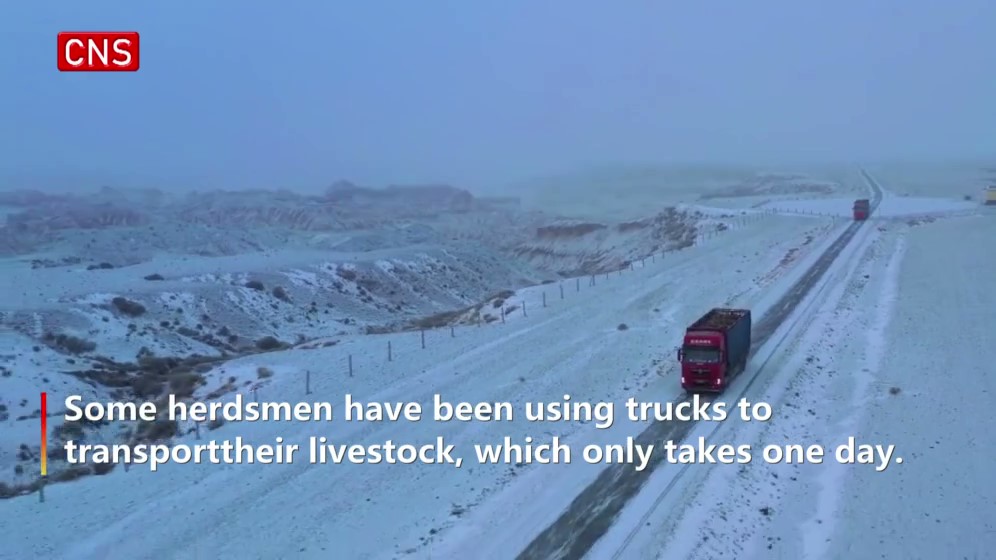




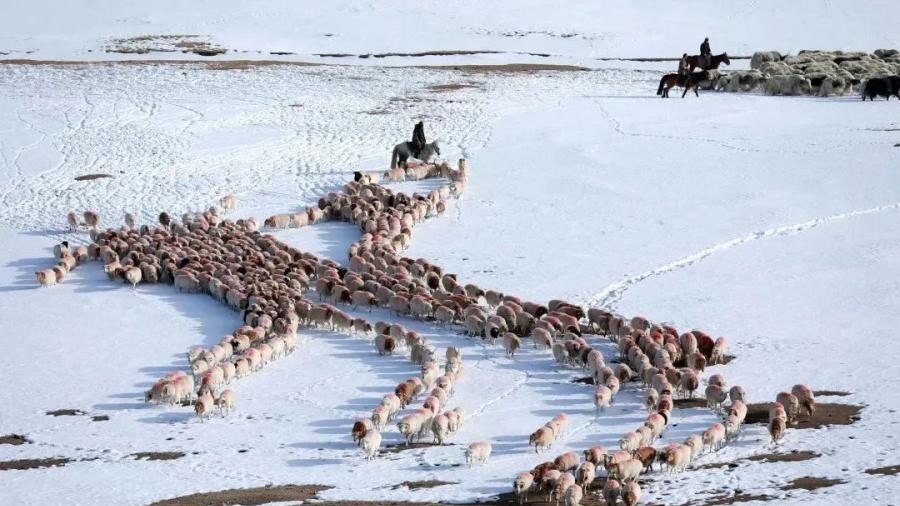
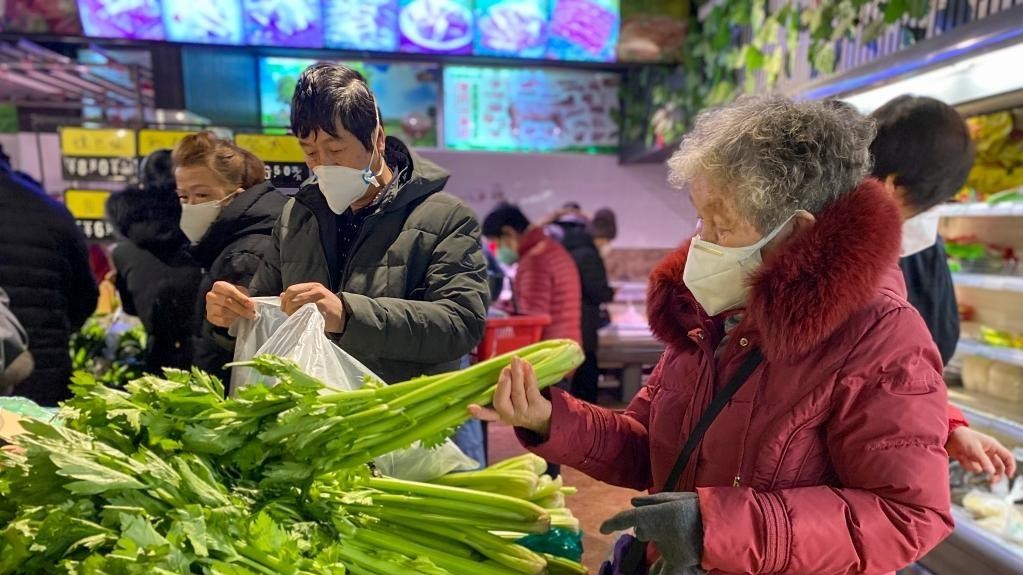

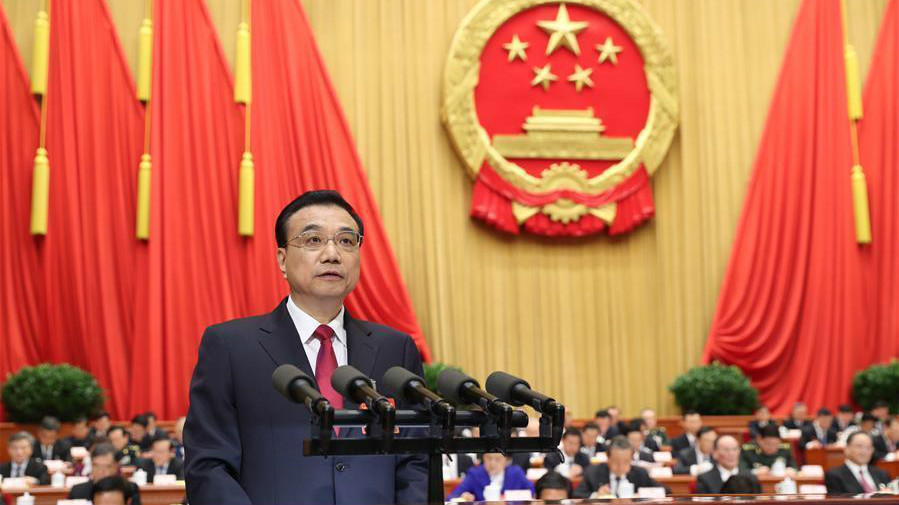

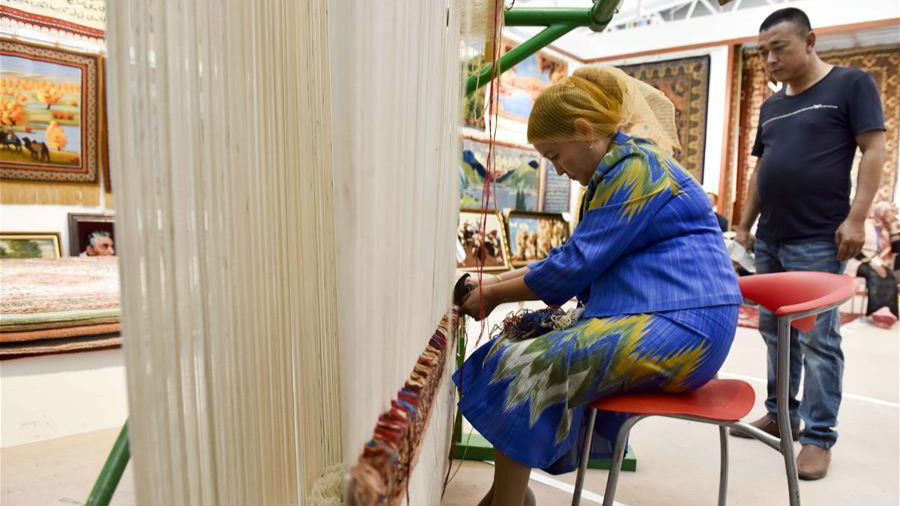
.jpg)

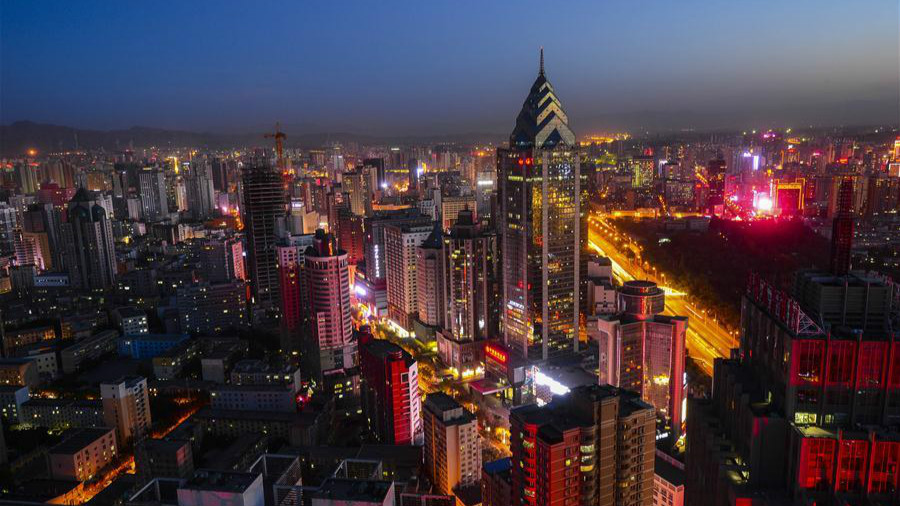
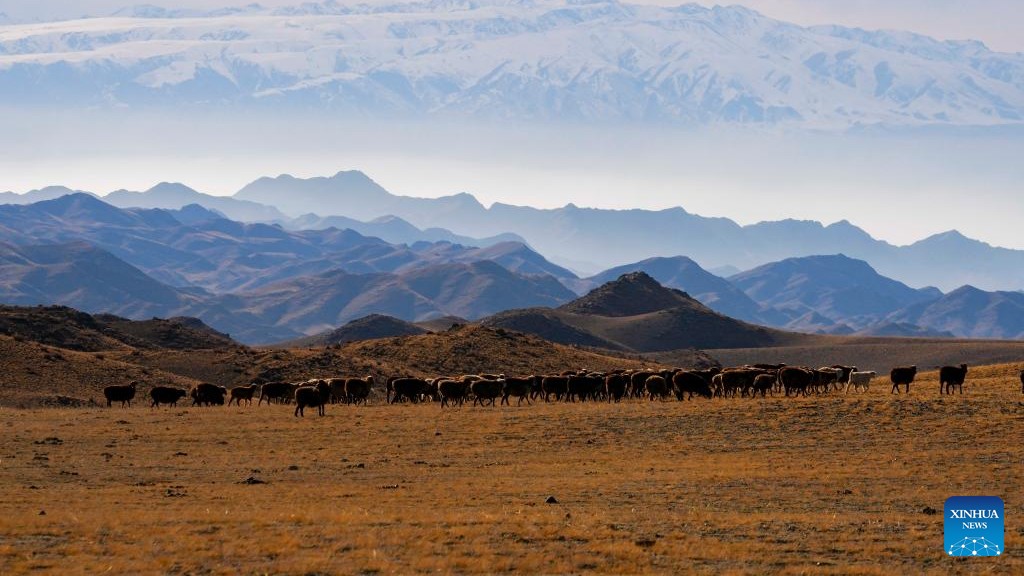
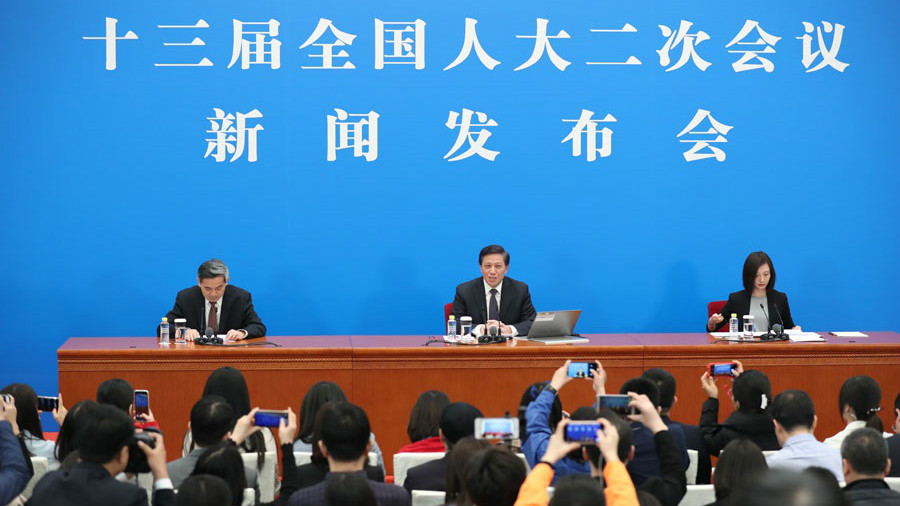

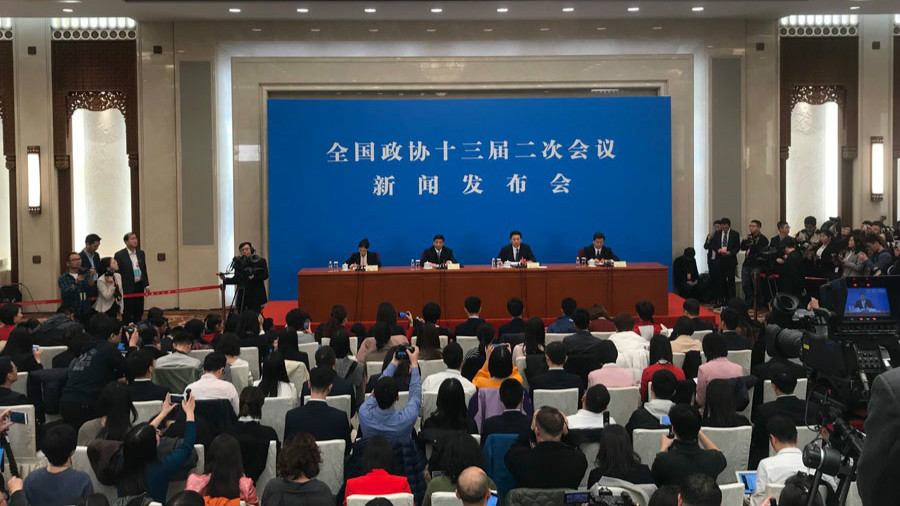
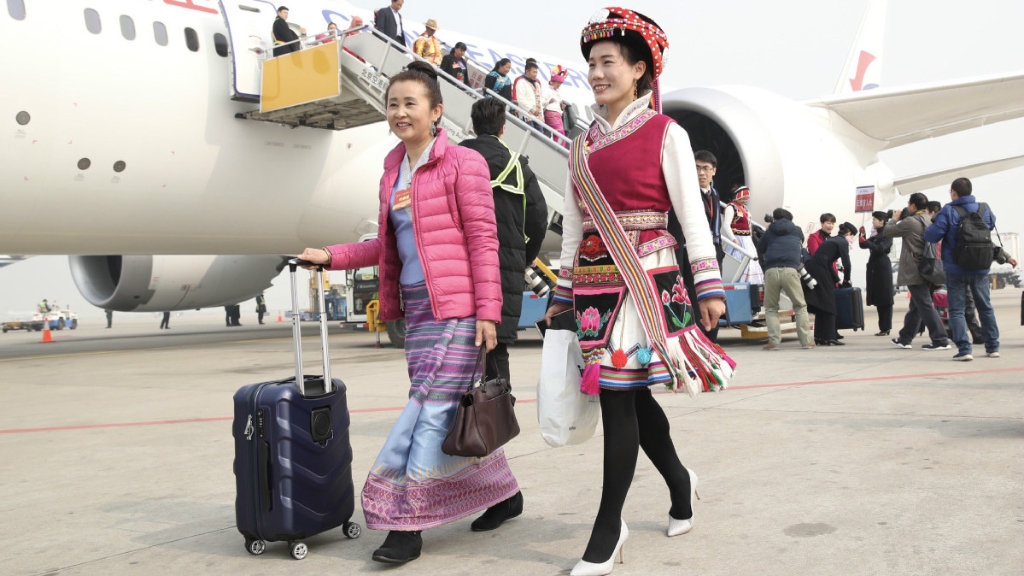
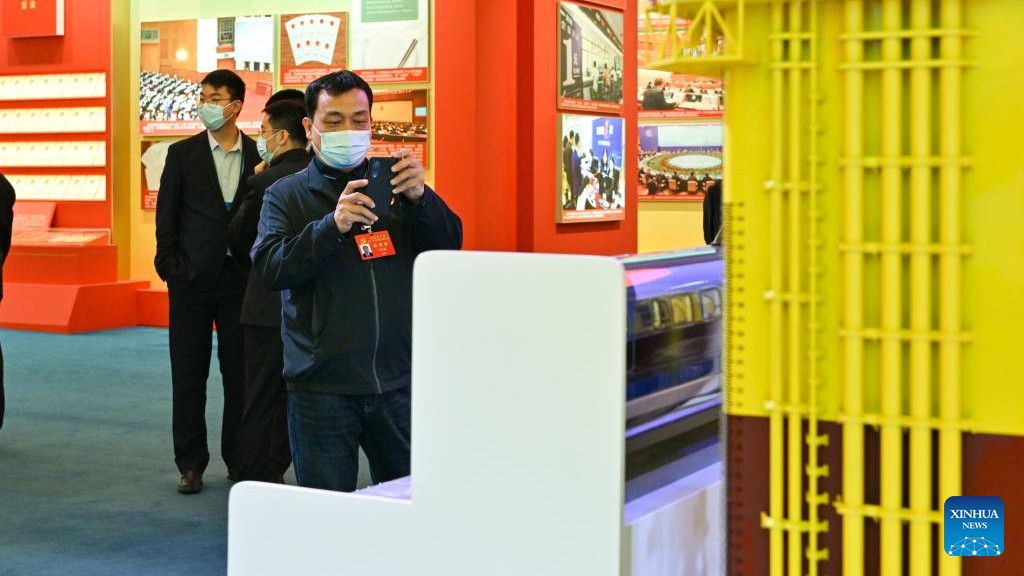

.jpg)
